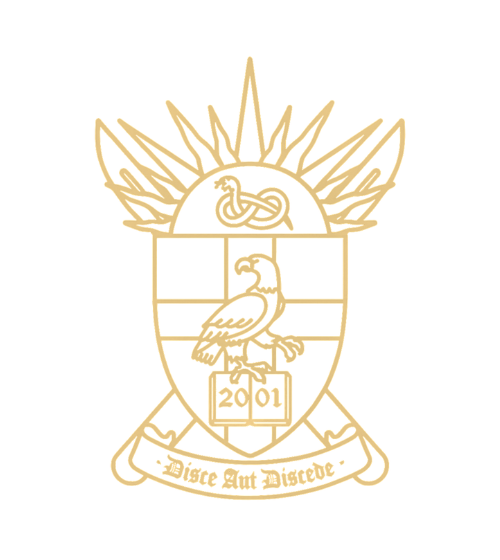Psychosocial-informed Considerations for Surgical Scar Revision in Conflict-related Trauma
Fatimah Chawoo
Abstract
Background: Over the past three years, conflict has increased significantly, with a 66% rise in active war zones. Scars are among its most enduring legacies—etched into the skin, but also into identity. Scar revision surgery aims to return anatomic structure and function to minimise any visible scarring, but for surgeons operating on conflict-related trauma, it requires attention to identity and cultural narratives.
Methods: This paper reviews surgical, psychological, and cultural perspectives on scar revision. Exploring Ricoeur's theory of narrative identity in understanding patient attitudes towards surgical scar revision, it reflects on compounding psychosocial considerations attached as well. Reports and testimonies from surgeons operating in war-affected regions were used to contextualise current surgical frameworks against lived trauma.
Results: Surgical approaches through procedures such as Z-plasty, W-plasty and skin grafting improve percieved functional and aesthetic in up to 89% of patients. However scar revision in conflict-affected regions, particularly children, have more inconsistent results, with Médecins Sans Frontières (MSF) reporting patients remaining withdrawn and isolated post-surgery, requiring intensive therapy. MSF also report that without integrated psychosocial support, surgical revision has exacerbated distress and negative self-identity.
Conclusions: Scar revision in trauma and conflict care cannot be confined to surgical techniques. Optimal outcomes require integrating trauma-informed, multidisciplinary pathways that combine surgical precision with psychological care. Improving conflict-related trauma care is a necessity, so that the patient remains at the forefront of surgical decisions. Future research may include long-term outcomes of scar revision in conflict survivors and development of integrated surgical-psychosocial protocols.
Publication date:
10/22/2025

